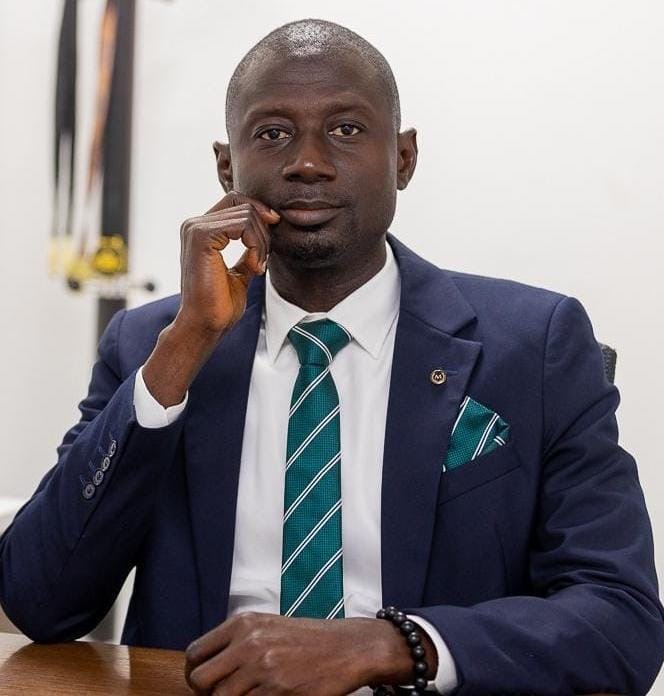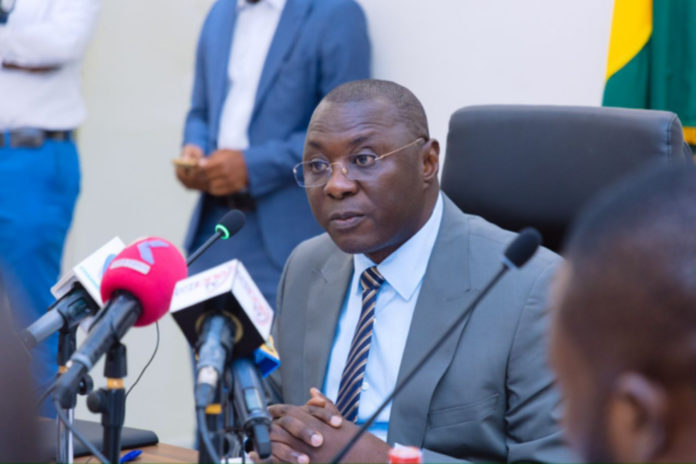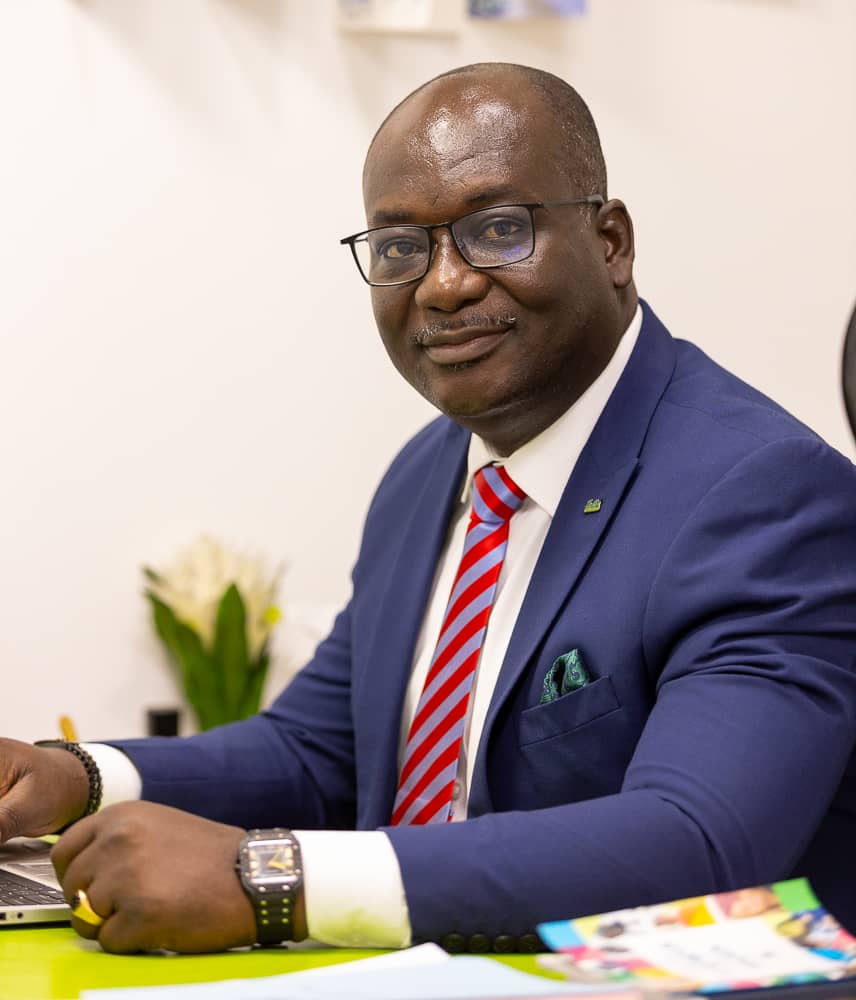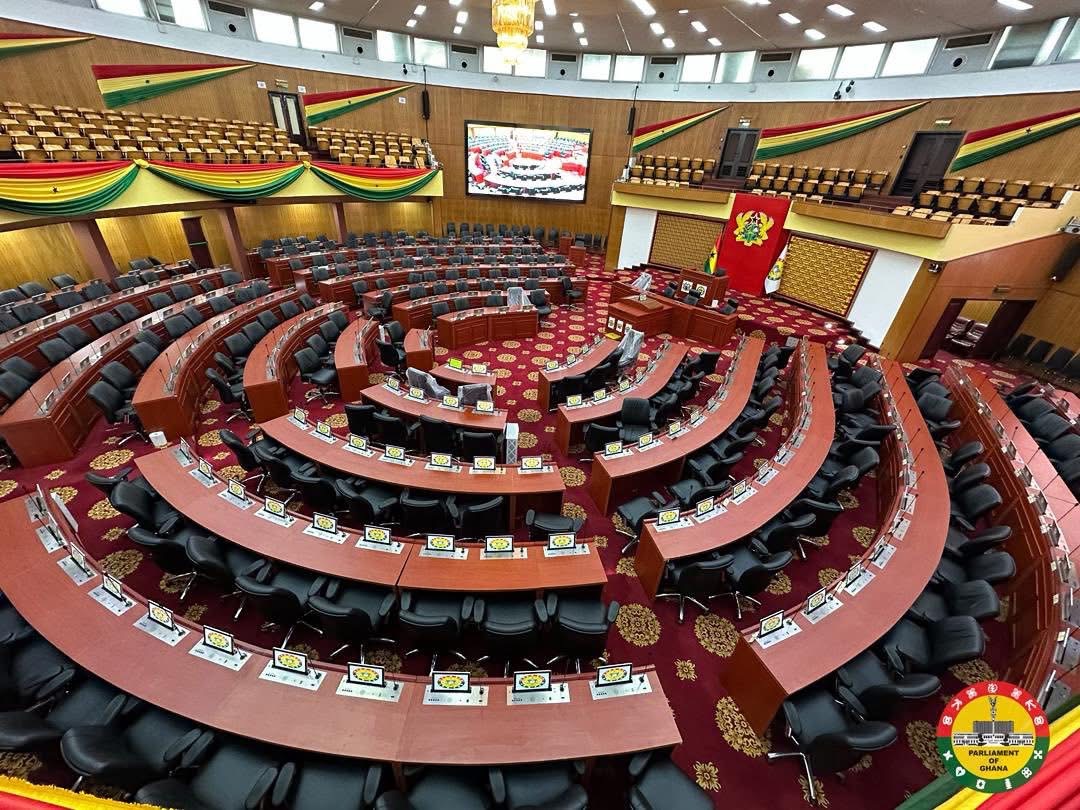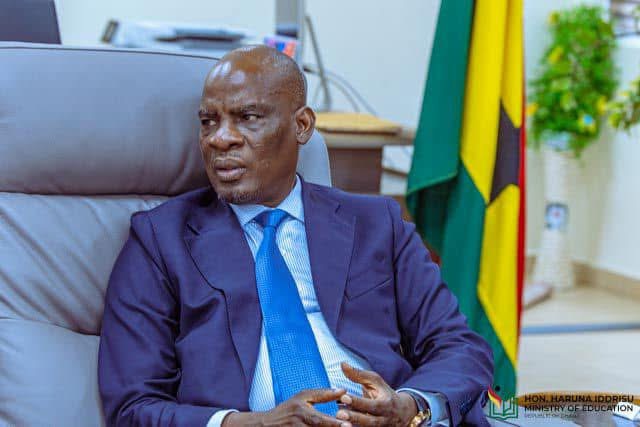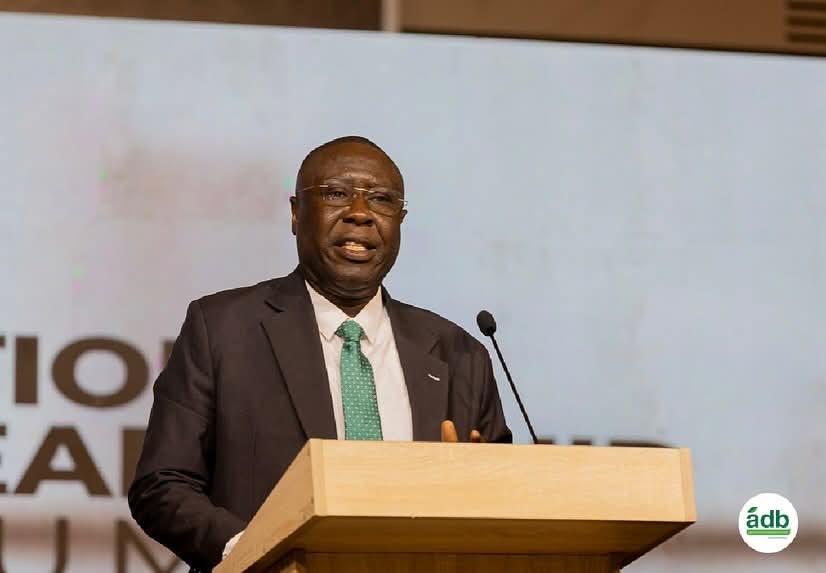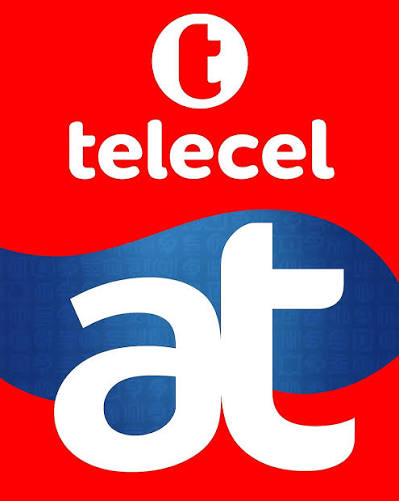Ghana is finally entering a new economic chapter. On July 30, 2025, the Bank of Ghana (BoG) reduced the Monetary Policy Rate by 300 basis points to 25.0%. This bold decision signaled not only confidence in Ghana’s disinflation progress but also a shift from the long period of aggressive tightening aimed at controlling price pressures. Already, the effects are filtering through the system. Lending rates have begun to ease, opening the way for a structural reset in the financial sector, particularly in banking.
By June 2025, the average lending rate had dropped to 27.0%its lowest in nearly two years, while the Ghana Association of Banks confirmed a sharp cut in the Ghana Reference Rate (GRR) from 23.69% to 19.67%. Together, these shifts are reshaping the credit environment, bringing relief to borrowers and opportunities for lenders. Yet, challenges remain. The Non-Performing Loans (NPL) ratio stood at 23.1% as of June 2025, reflecting the scars of past macroeconomic stress, the Domestic Debt Exchange, and the burden on SMEs that struggled under high borrowing costs. Lower interest rates will ease repayment pressures, but Ghana still needs more innovative solutions to address its legacy of weak loan performance. This is where Islamic banking could play a transformative role.
Islamic finance operates on a different foundation than conventional banking. Instead of charging interest, it relies on asset-based and risk-sharing contracts such as murābaḥah (cost-plus sale), ijārah (lease), mushārakah (joint venture), and muḍārabah (profit-loss sharing). These structures tie financing to real assets or shared enterprise outcomes, reducing the misuse of funds and aligning the interests of banks with those of borrowers. Global studies from the IMF and the Islamic Financial Services Board (IFSB) show that such designs, underpinned by strong Shariah governance, promote financial stability and inclusion while diversifying funding sources.
For Ghana, the timing is right. Nearly 20% of the population identifies as Muslim, yet the appeal of ethical and transparent financial products extends well beyond faith. Traders, SMEs, and even non-Muslim households are increasingly drawn to models that emphasize fairness, discipline, and accountability. Moreover, the Bank of Ghana has already signaled readiness to create the legal and supervisory framework for Islamic banking, suggesting that the door is opening for pioneering institutions to take the lead.
One of Ghana’s biggest banking headaches is the stubbornly high stock of NPLs. Islamic banking offers structural advantages that can help reduce this burden. Asset-backed financing requires clarity about the goods or services being funded, while profit-sharing contracts align bank returns with project outcomes. These features make it harder for borrowers to misapply funds and discourage excessive leverage, two common triggers of loan defaults.
Another advantage lies in the way Islamic contracts handle delinquency. Unlike conventional loans, they do not allow compounding of penalties on overdue payments. In many cases, late fees are directed to charity rather than being added to the bank’s income, removing one of the drivers of balance sheet inflation during loan distress. More importantly, because Islamic financing is tied to real assets, restructuring options such as sale-and-lease-back or step-in management can preserve business value rather than forcing borrowers into destructive fire sales.
Critics often wonder how Islamic banks can stay competitive without charging interest. The answer is in transparent benchmarks. Many markets link Islamic products to an accepted reference rate. In Ghana, the GRR provides exactly that: a formula-driven, transparent rate that ensures fair pricing. With the GRR now at 19.67% and likely to fall further as policy easing continues, Islamic banks will be well-placed to offer affordable products like equipment leasing, trade finance, and inventory funding. This will be especially helpful for SMEs that were previously unable to access conventional credit.
For banks, the opportunity is not just about offering an alternative but about seizing first-mover advantage. Early adopters of Islamic finance in Ghana could expand their customer base, reduce credit risks through asset-backed discipline, and mobilize deposits from individuals and businesses who have so far stayed on the margins of the banking system for ethical or religious reasons. Beyond deposit mobilization, Islamic banks could eventually facilitate sukuk (Islamic bonds), giving corporations and the government new avenues to raise long-term capital in cedis.
Islamic products are particularly well-suited to Ghana’s economic drivers, agriculture, trade, transport, and light manufacturing, because they finance tangible inputs rather than abstract cash flows. This alignment with the real economy makes them a natural fit for inclusive and sustainable growth.
Of course, execution will not be without challenges. Banks venturing into Islamic finance must build credible Shariah boards, invest in systems that support asset-based transactions, and train staff to understand both the jurisprudence and the economics of Islamic contracts. Strong governance and regulatory clarity will be essential to prevent misuse and ensure consumer trust.
Still, the timing is almost perfect. Interest rates are falling, creating room for affordable lending. The financial sector needs new approaches to discipline credit origination and restructure bad loans. The regulator has already expressed openness to Islamic banking. For institutions willing to invest early, the rewards could be significant: stronger brands, increased market share, and a more stable, inclusive financial system.
Ghana stands at the threshold of a new era in banking. With the easing cycle underway, credit affordability is improving, but lasting solutions require more than cheaper loans. Islamic banking provides a framework that not only addresses affordability but also builds resilience against NPLs and promotes fairness in financial intermediation. For banks, the opportunity is clear: those who act now, investing in the infrastructure and governance required, will not only shape the future of Islamic finance in Ghana but also secure their place as market leaders in the years ahead.
By Mohammed Ali, Brand Advocate and Head of Marketing & Communications, Agricultural Development Bank PLC.


